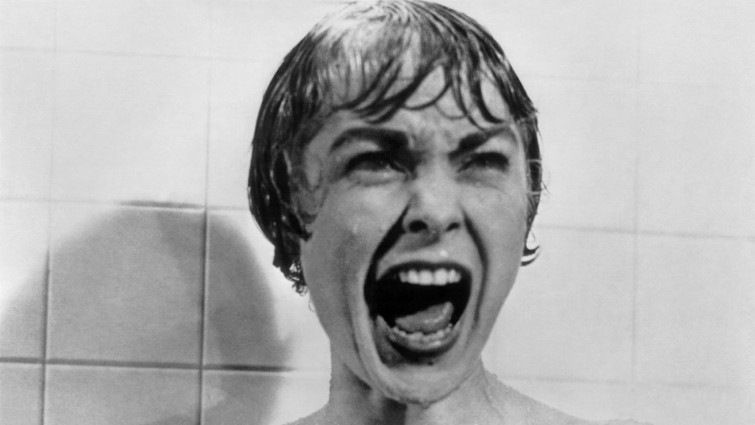

Member review

Psycho
The most famous, and possibly the most tense, of the films of suspense master Hitchcock, in which a woman is stuck in a remote hotel in...
Certificate
Duration109 mins
Review by
-
 Josh, 16
Josh, 16 - 10 reviews
The horror(?) movie that influenced your favorite horror movie.
Echoes of this films momentous achievements in suspense and boundary pushing imagery can be seen and felt in much of pop culture today. From endless references to infamous scenes and stylistic homages in the works of many of today's most popular director's, Psycho's influence is insurmountable, yet it still holds up as a classic today.
However, many aspects of this film have not aged well. From dated visuals and effects to problematic presentations of mental health issues and minority groups, there's no doubt that this would not hold up in todays film industry were it released now. Despite this, the leaping strides of its boundary pushing narrative and iconic visuals maintain its status as a film classic. It's important to critically analyze its pitfalls, but also to acknowledge its positives.
Hitchcock's distinctive mix of painstakingly deliberate shot choices (particularly with his use of close ups) and succinct visual exposition shines through here from the beginning; it's clear he trusts his audience and treats them as intelligent rather than holding their hands constantly. Many key elements are visually implied and bank on the audiences undivided attention. Though this could stunt its accessibility, it allows for satisfying payoffs and subtle commentary for those willing to find it.
In my opinion, the area in which this film shines the most is through its incredible narrative. Though, due to its iconic status, many plot aspects have been spoiled for many of us today, Hitchcock's subversive, carefully paced story challenged expectations (I can imagine particularly for those watching it when it was released) make for a gripping and powerful narrative. One thing that really surprised mine was how willing Hitchcock was to linger on particular scenes and let them ruminate with the viewer. It creates a unique, dry tension and a general sense of discomfort rather than relying on action and faster pacing to create fear. It really sits with you and stretches it to its limit, which can felt in a lot other great examples of tense films and scene.
Finally, I can not find a fault in any of the other aspects such as the excellent acting (with Anthony Perkins incredible performances as the uncomfortable Norman Bates), to the ominous and dark mise en scene and lighting, and functional editing.
Overall, though its iconic status may make its reputation viewed through rose-tinted glasses, Hitchcock's 'masterwork' is a thrilling ride, an excellent watch and without and doubt an incredibly important pillar in American film history.